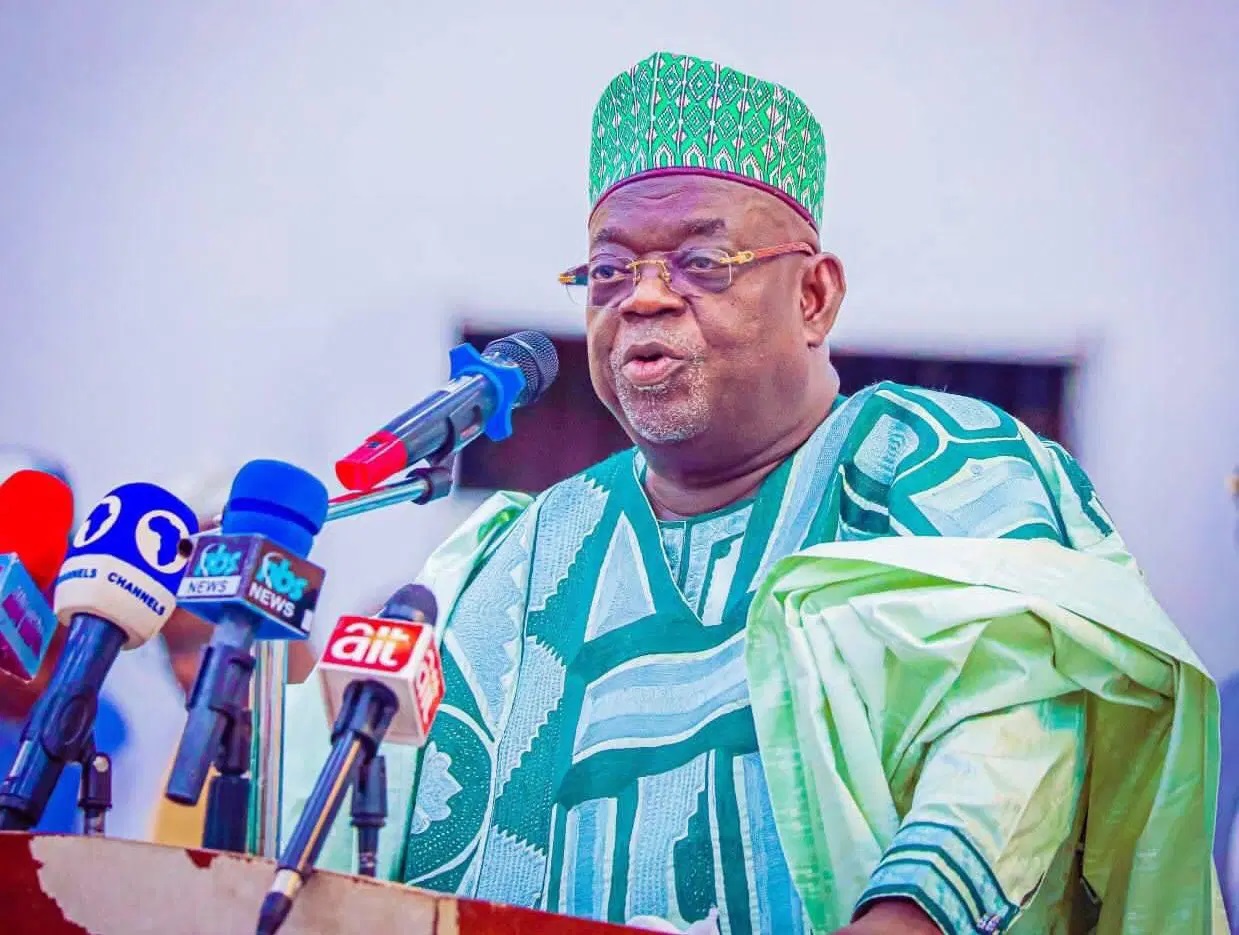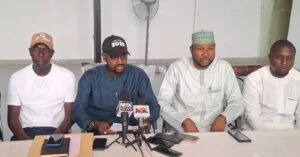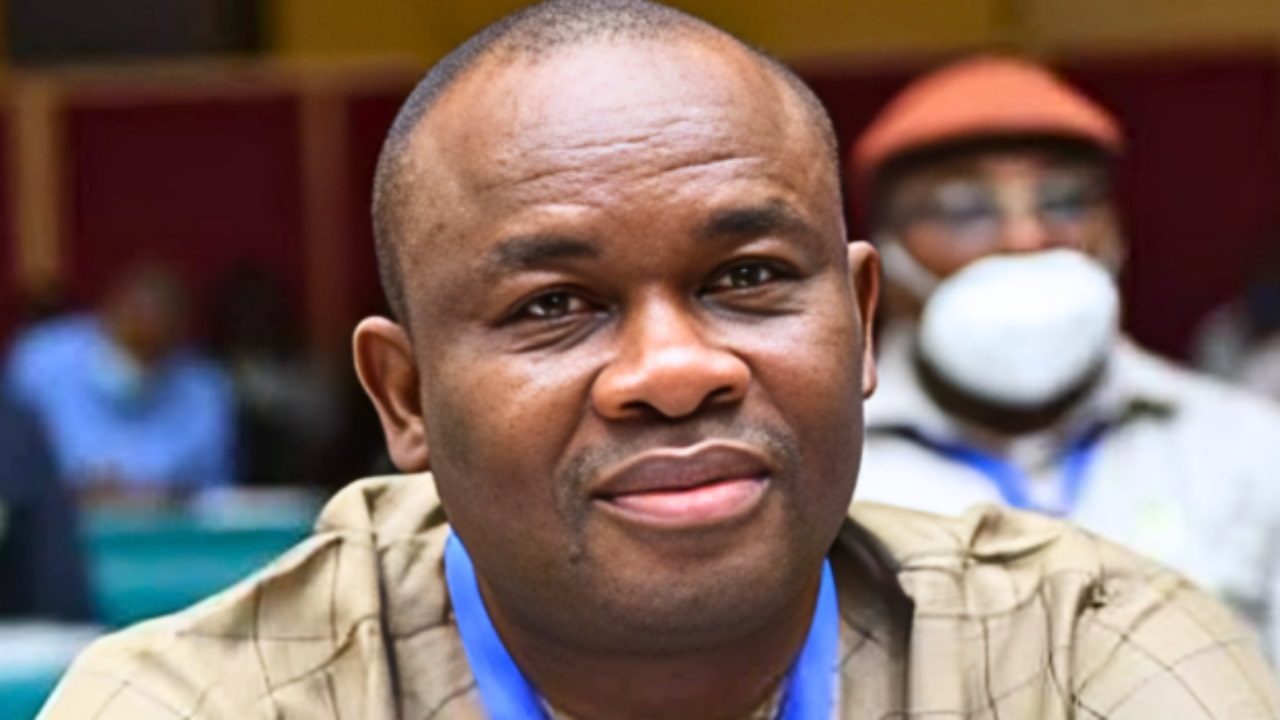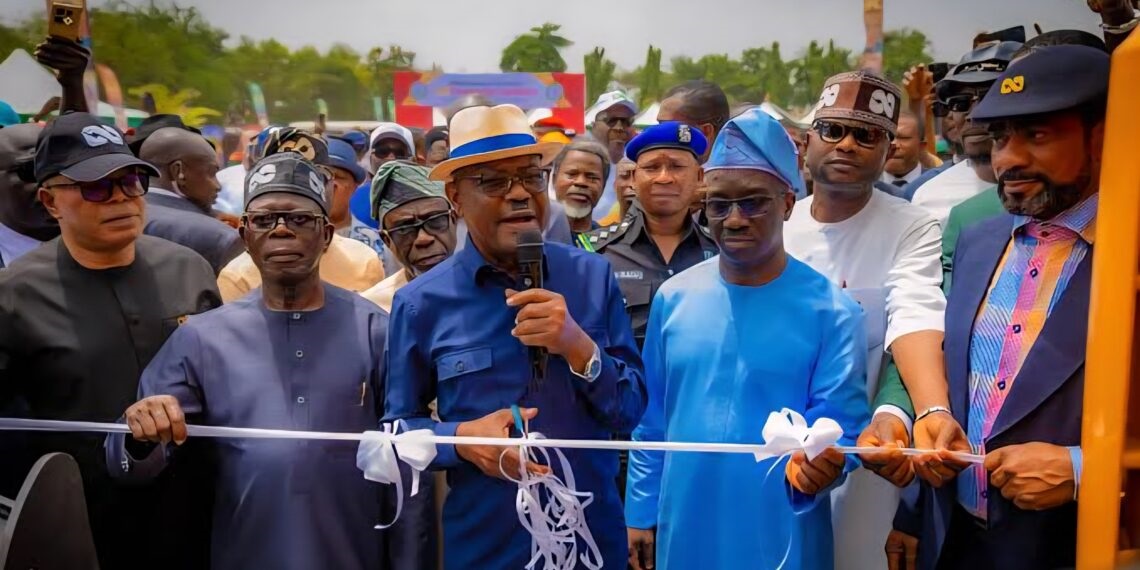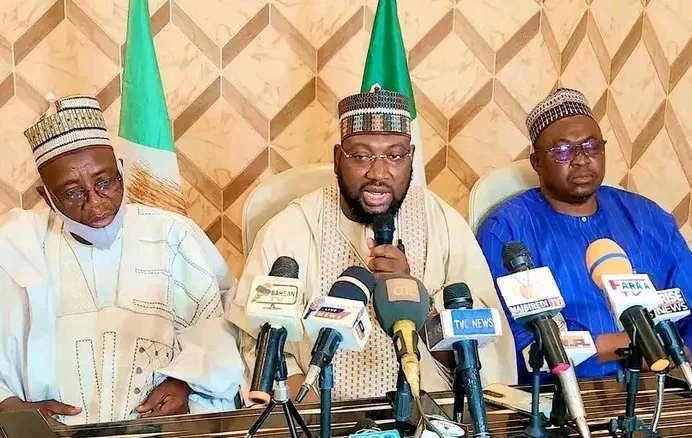Former Niger State Governor and Chairman of the Board of Trustees of the Sir Ahmadu Bello Memorial Foundation, Dr. Mu’azu Babangida Aliyu, says the persistent underdevelopment in Northern Nigeria is largely due to decades of elite complacency, institutional neglect, and policy missteps — not just the failings of the current administration.
Speaking during the opening session of a two-day Government-Citizens Interactive Forum held at Arewa House in Kaduna, Aliyu acknowledged that while President Bola Tinubu inherited many challenges, Northern leaders — especially political and intellectual elites — must accept part of the blame.
“Our problems didn’t start today, and they weren’t caused solely by this government,” Aliyu said.
“Many of us who watched and did nothing must also bear the blame. We failed to act when it mattered most.”
The event, convened by the Sir Ahmadu Bello Memorial Foundation, builds upon its 2022 engagement with presidential candidates. It aims to foster inclusive governance by creating space for dialogue between policymakers and citizens across the North.
Aliyu listed insecurity, banditry, extreme poverty, a rising number of out-of-school children, porous borders, and youth unemployment as top regional concerns. He warned that the growing communication gap between leaders and citizens is fueling public frustration, misinformation, and mistrust.
“There’s a communication vacuum between governments and the governed. That gap is breeding frustration and eroding public trust. This forum is a deliberate attempt to bridge that divide,” he said.
Aliyu urged the institutionalisation of town hall meetings nationwide, citing international examples where such civic dialogue has shaped policies and strengthened democracies.
“Governance is not partisanship. Governments must listen to the people, and citizens must be bold enough to speak up — with respect and clarity,” he added.
He reiterated the foundation’s nonpartisan mission, applauding platforms like the Arewa Consultative Forum (ACF), Northern Elders Forum (NEF), Jam’iyyar Matan Arewa (JMA), and Arewa House for consistently pushing for accountability.
He also condemned the decades-long delay in delivering key federal projects in the region, describing the Mambilla Hydroelectric Power Project as a “40-year-old scam,” and labelling the Baro Inland Port as another “fraudulent promise.”
“The Mambilla project is a scam. Kill it or come clean. As for Baro Port, complete it and dredge the River Niger. Stop deceiving Nigerians,” he declared.
Northern Leaders Press Tinubu on Development Commitments
Also speaking at the event, Alhaji Bashir Dalhatu, Chairman of the ACF Board of Trustees, reminded President Tinubu of the region’s strong support during the 2023 election.
“Of the 8.8 million votes that brought this government to power, the North alone delivered 5.6 million,” he said.
“We believe the region has earned the right to benefit from the promises made during the campaign.”
Dalhatu confirmed that Northern leaders had presented a formal list of expectations to President Tinubu during a May 30, 2024, meeting, including:
Enhanced security
Revived agriculture
Improved education
Energy and infrastructure investment
While acknowledging that implementation takes time, Dalhatu stressed the importance of visibly incorporating Northern interests into national policy frameworks.
“Our advocacy has been peaceful and well-intentioned. We aim to support the President in delivering on his promises—especially to Northern communities still plagued by insecurity and poverty,” he said.
NEF Chairman Ango Abdullahi Calls for Urgent Educational Reforms
In his remarks, Professor Ango Abdullahi, Chairman of the Northern Elders Forum, urged the Federal Government to prioritise education and infrastructure in the North.
He decried the North’s disproportionate share of the country’s 20 million out-of-school children, calling it a sign of structural failure.
“If even half of the N15 trillion federal budget were channelled into education, we could build schools, train teachers, and drastically reduce the out-of-school population,” he said.
Abdullahi also criticised the state of roads in the North-East, describing them as among the worst in the country. He further raised alarm over recent developments at the Central Bank of Nigeria (CBN), particularly the relocation of departments to Lagos and perceived imbalance in leadership appointments.
He advocated for strategic siting of agro-allied industries in Northern Nigeria to reflect the region’s agricultural potential.
“If we truly want Nigeria to develop, then the North must be industrialised along its natural endowments,” Abdullahi said.
“We must continue to engage constructively. These conversations are necessary for progress, and we hope to see greater inclusion and responsiveness going forward.”

